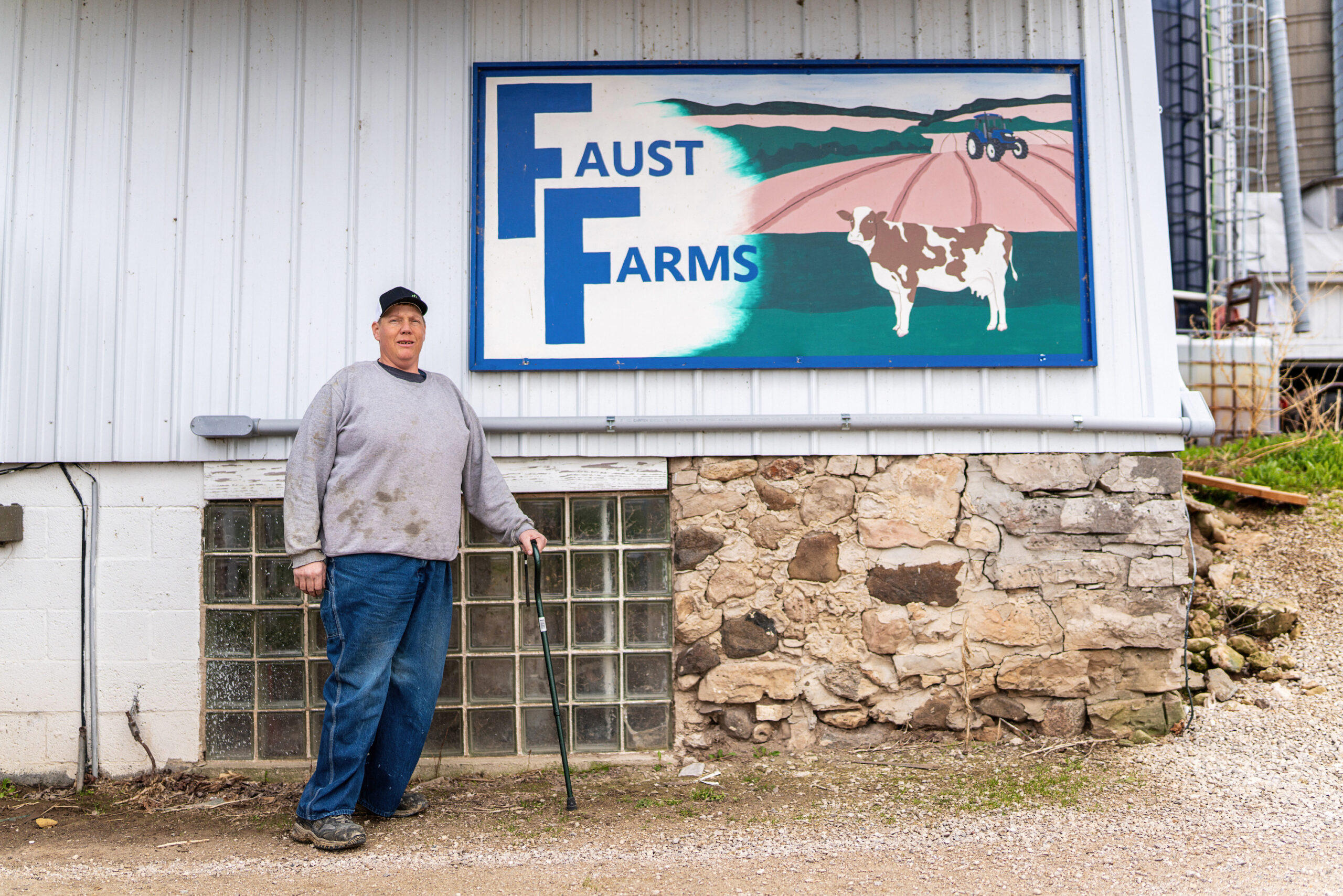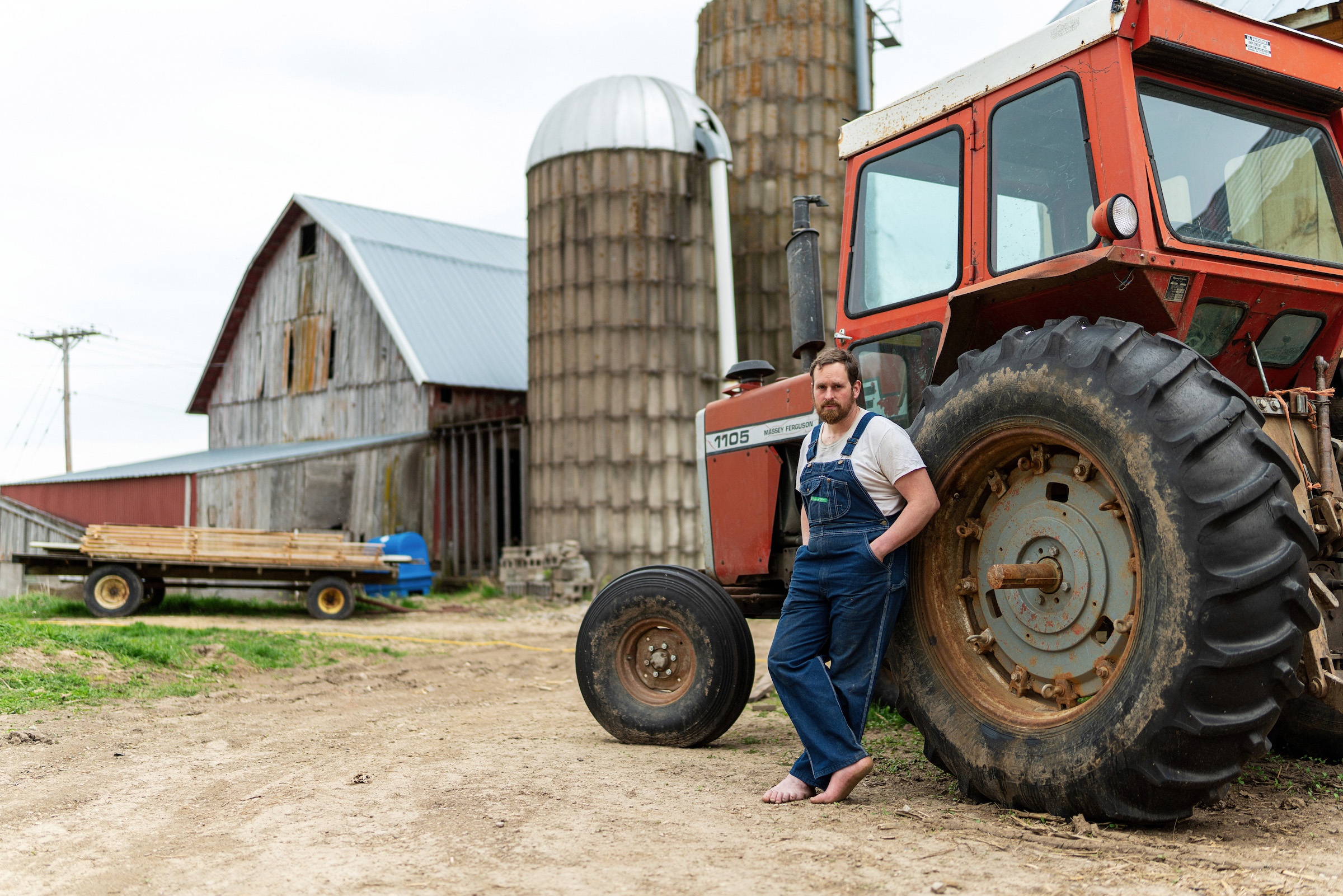WILL represents a dozen farmers from 9 states in federal lawsuit
The News: U.S. District Judge William Griesbach issued a temporary restraining order halting payments in a federal farmer loan forgiveness program that allocates benefits on the basis of racial categories. The Wisconsin Institute for Law & Liberty (WILL) represents twelve farmers and ranchers from Wisconsin, Minnesota, South Dakota, Ohio, Missouri, Iowa, Arkansas, Oregon, and Kentucky. Each plaintiff would be eligible for the federal loan forgiveness program, but for their race.
The Quote: WILL President and General Counsel, Rick Esenberg, said, “The Court recognized that the federal government’s plan to condition and allocate benefits on the basis of race raises grave constitutional concerns and threatens our clients with irreparable harm. The Biden administration is radically undermining bedrock principles of equality under the law. We look forward to continuing this litigation but urge the administration to change course now.”

Adam Faust, Plaintiff
Background: In April 2021, WILL filed a lawsuit in federal court challenging the unconstitutional race discrimination in the American Rescue Plan Act’s provision to offer loan forgiveness based on racial categories. The law provides billions of dollars of debt relief to “socially disadvantaged” farmers and ranchers. But the definition of “socially disadvantaged” includes explicit racial classifications: farmers and ranchers must be Black or African American, American Indian or Alaskan native, Hispanic or Latino, or Asian American or Pacific Islander. Other farmers—white farmers, for example—are ineligible.
This is illegal and unconstitutional. The United States Constitution “forbids” discrimination by the federal government “against any citizen because of his race.” For the federal government to distribute “benefits on the basis of individual racial classifications,” the government must prove that its discriminatory benefit is narrowly tailored and serves a compelling government interest.
In late May, the USDA announced that it would begin forgiving loans in June, and would do so quickly, so WILL moved for a preliminary injunction and an immediate, temporary restraining order until the Court could rule on the preliminary injunction. The Court granted a temporary restraining order, prohibiting USDA from forgiving any loans on the basis of race until the Court rules on the preliminary injunction. USDA’s response on the preliminary injunction motion is due on June 18, and the Court could rule on it the following week.

Christopher Baird, Plaintiff
WILL’s Clients: WILL represents twelve farmers from nine states who would be eligible for the federal government’s loan forgiveness program, but for their race.
- Adam P. Faust owns a dairy farm in Calumet County, near Chilton, Wisconsin. Mr. Faust is a double-amputee. In addition to milking about 70 Holstein cows, Mr. Faust farms 200 acres for feed for his cows.
- Christopher C. Baird owns a dairy farm near Ferryville in Crawford County, Wisconsin. Just ten miles from the Mississippi River, Mr. Baird milks over 50 Jersey cows and farms approximately 80 acres of pasture.
- Jonathan P. Stevens owns Maple Grove Farms near Rock Creek, Minnesota. Mr. Stevens raises about 25 beef cattle and grows corn, soybeans, and other crops on about 700 acres.
- Jay T. Slaba raises about 350 head of beef cattle and farms about 1,000 acres of corn and other crops in northwest South Dakota.
- Joseph W. Schmitz farms approximately 50 acres of corn and soybeans in western Ohio.
- James C. and Cheryl J. Ash own and operate Hog Heaven Farms near Jasper, Missouri. The Ashes raise about 600 sows and ween up to 1,000 piglets every 28 days.
- Christopher D. Bohnenkamp grows corn and soybeans in northwestern Iowa. Mr. Bohnenkamp also owns and operates a feeder-to-finish swine operation, where he feeds up to 2,400 hogs every three months.
- Lori L. Watkins raises chickens, cattle, sheep, and goats on a 100-acre farm in southwestern Arkansas. Ms. Watkins’ primary business is raising and selling about 500,000 broiler chickens each year.
- Teena J. and Brandon D. Banducci are ranchers from northeast Oregon. They raise about 100 cattle on approximately 1,000 acres.
- Theodore (“Ted”) G. Shields, Jr. is a fourth-generation tobacco farmer from central Kentucky. Mr. Shields farms approximately 700 acres. In addition to burley tobacco, Mr. Shields farms corn and soybeans and raises about 80 head of cattle.
Read More:
- WILL’s Complaint, April 29, 2021
- Amended Complaint, May 19, 2021
- Memorandums in Support of Motions for Temporary Restraining Order and Preliminary Injunction, June 3, 2021
- USA Today: Joe Biden’s COVID debt relief for farms doesn’t apply to white farmers. That’s wrong., Shannon Whitworth and Christopher Baird, June 3, 2021
- U.S. District Court Order, June 10, 2021